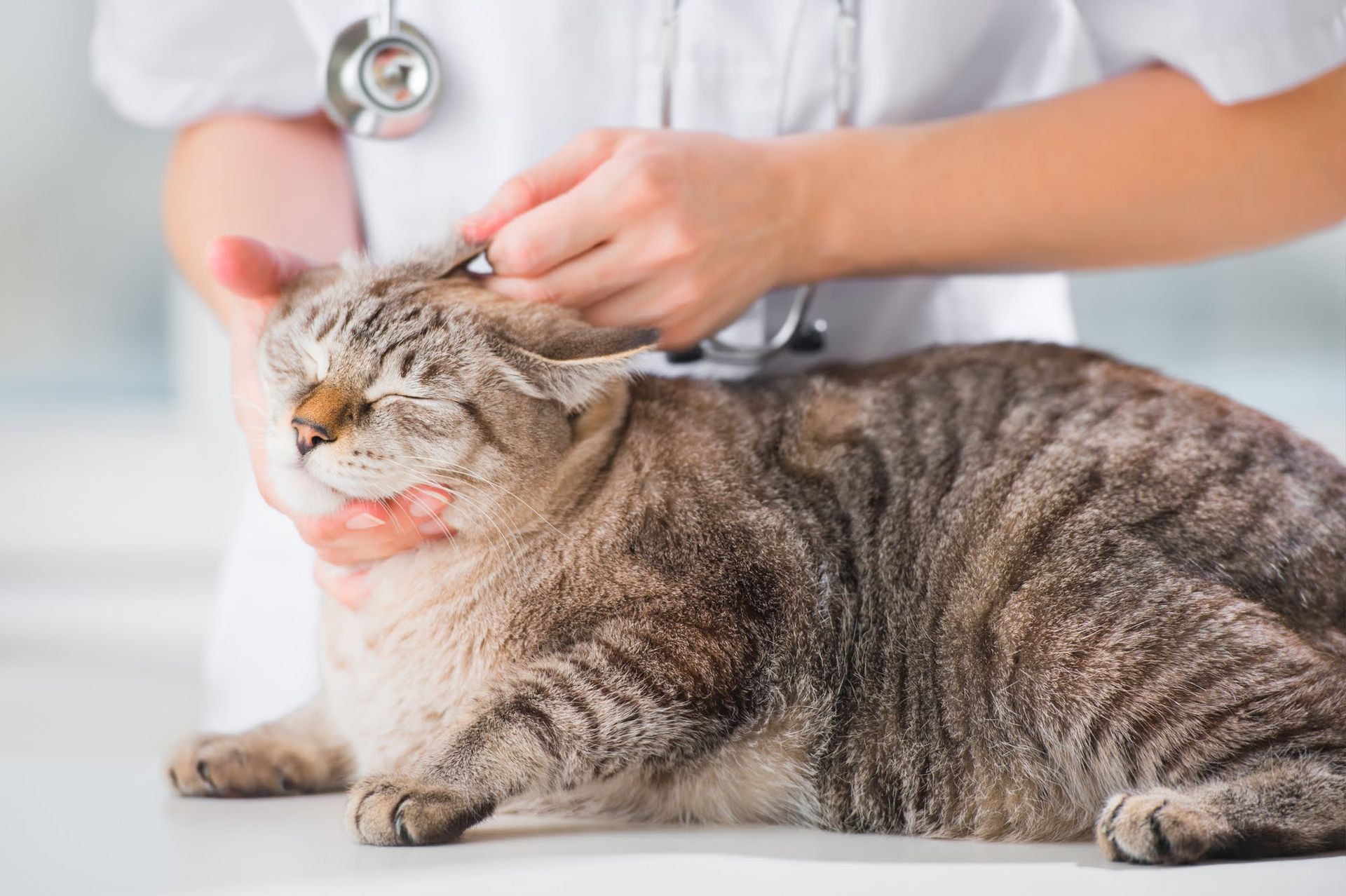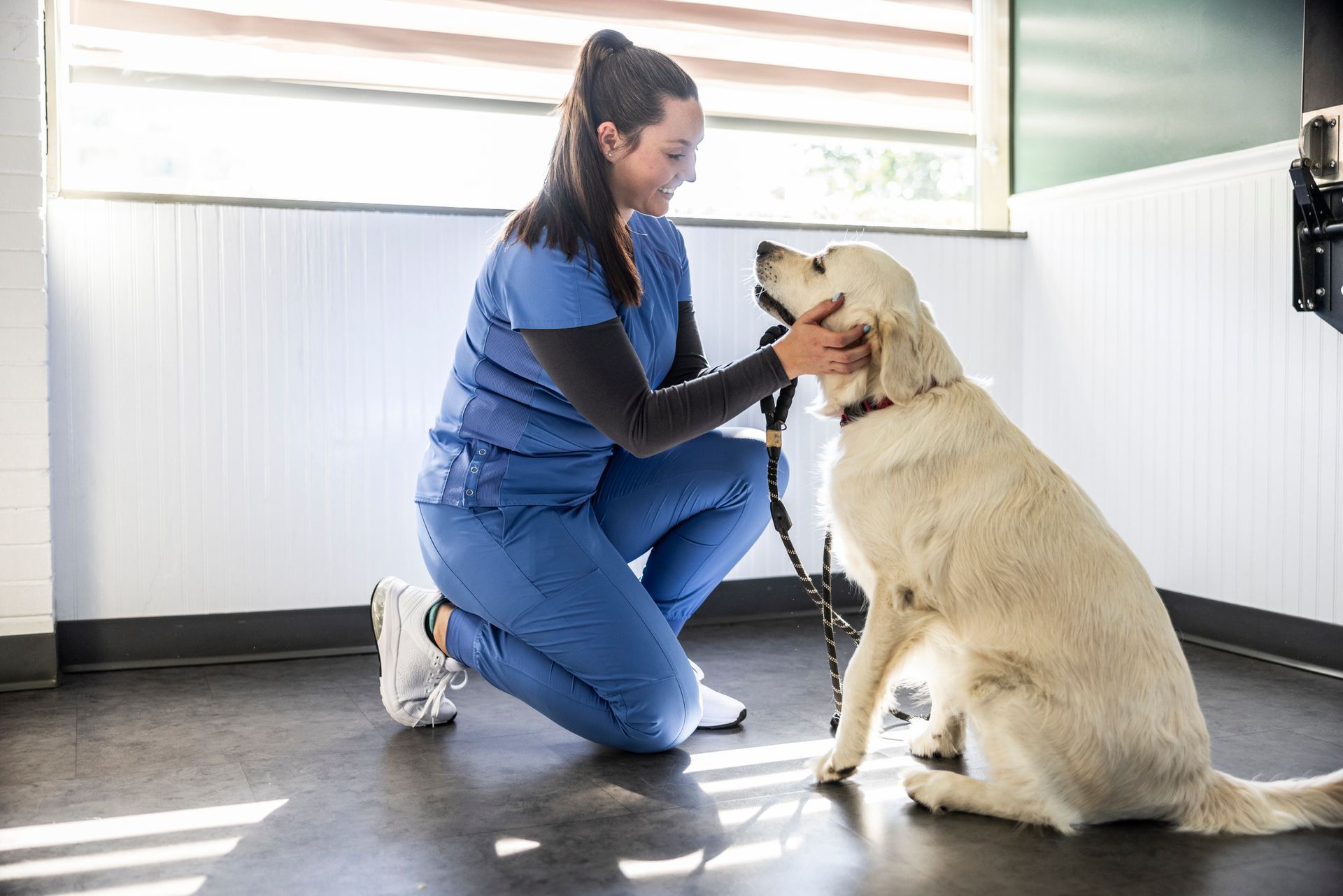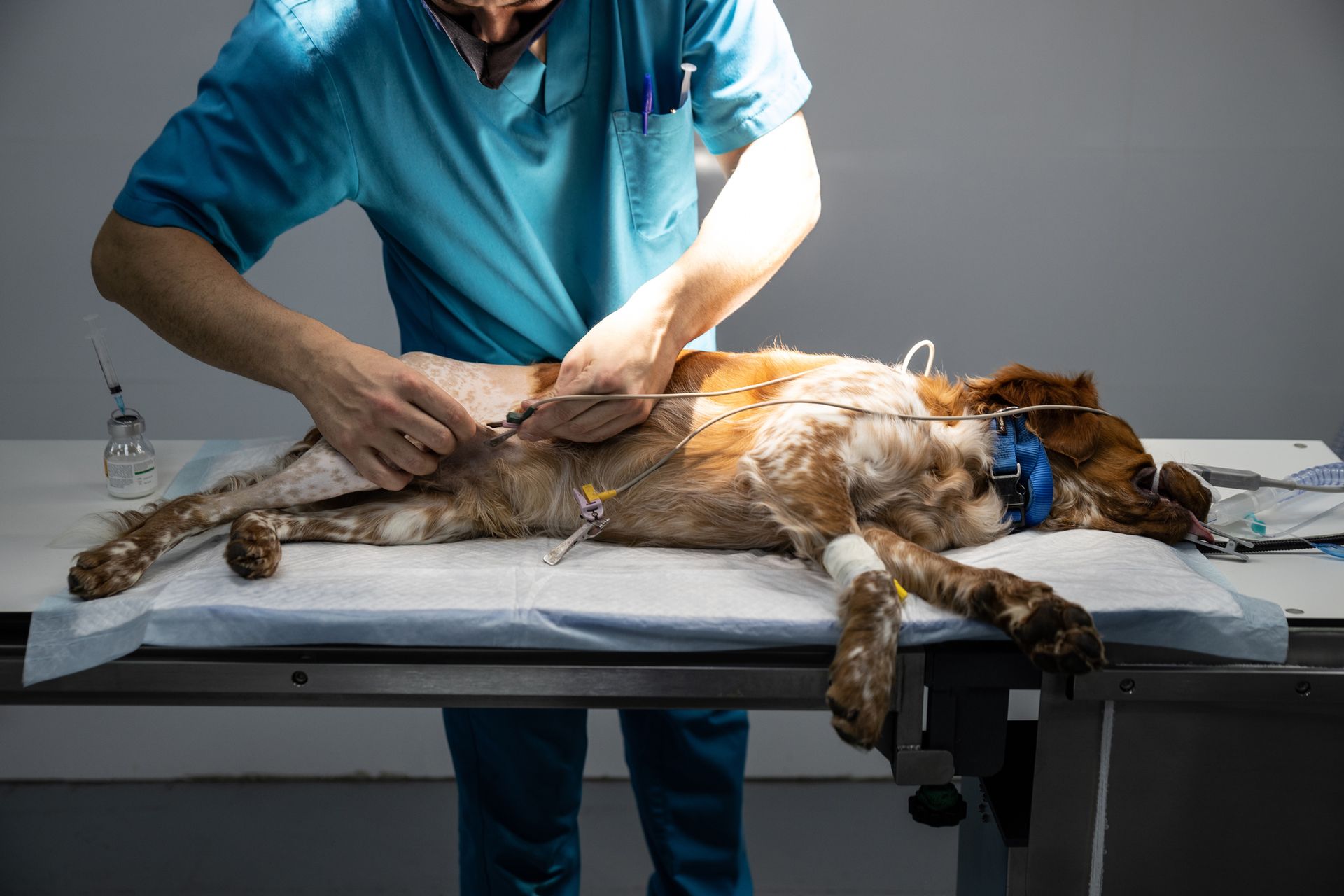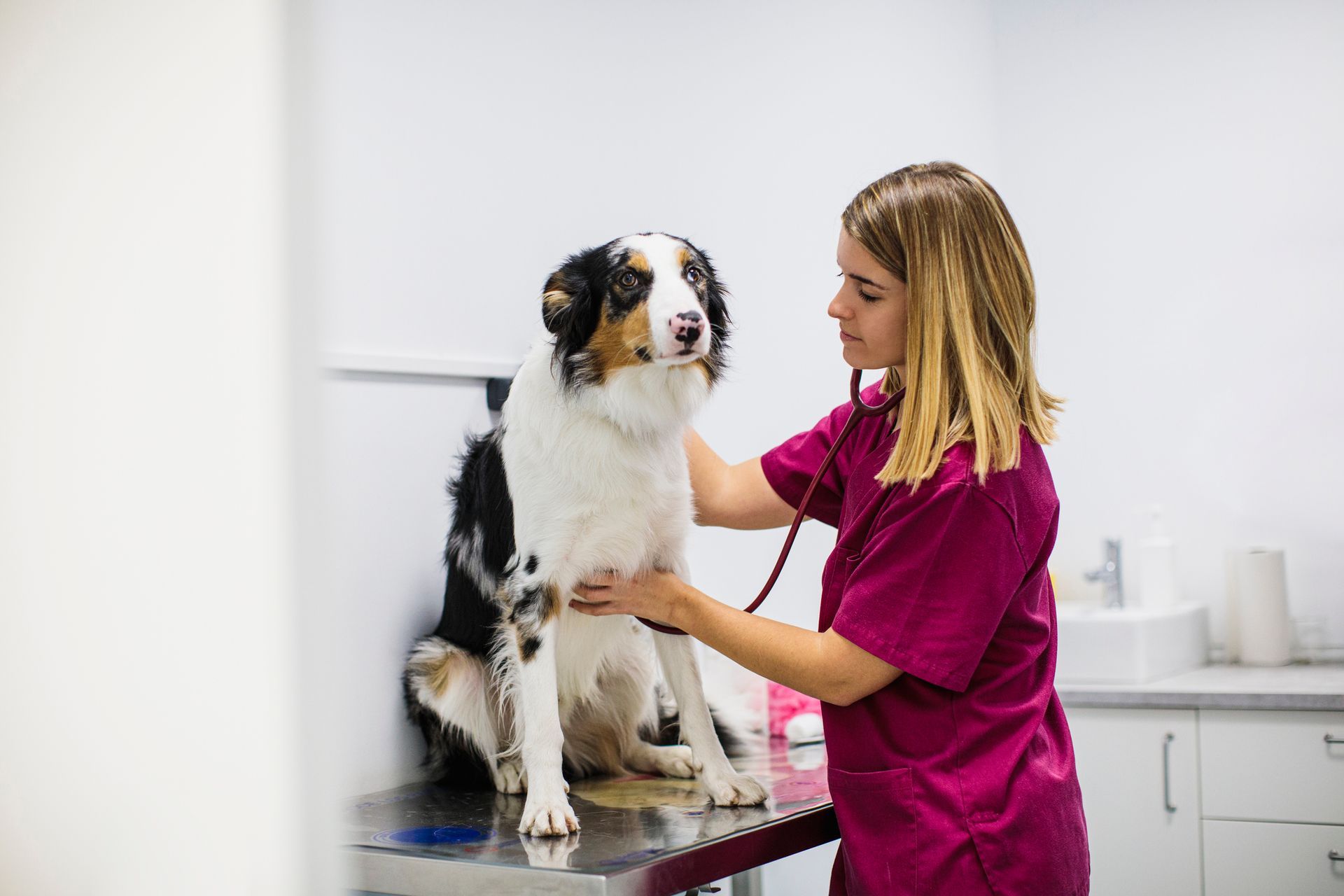Why Emergency Vet Services Are Vital for Fall-Injured Cats

When a beloved cat suffers an injury from a fall, it is crucial to seek immediate veterinary care. Cats are naturally agile creatures known for their grace, often landing on their feet. However, falls from significant heights, known as high-rise syndrome, can result in severe injuries. Accessing emergency vet services promptly is essential to ensure your feline companion receives the necessary care.
Potential Injuries from Falls
Even though cats are famously known for their remarkable agility and ability to land on their feet, they are not immune to injuries from falls. A fall can result in a range of injuries, including fractures of the bones, internal injuries that may affect organs, head trauma that can lead to concussions or other neurological issues, and even damage to vital organs such as the liver or kidneys. These injuries can be particularly concerning because they are not always immediately visible; in some cases, symptoms may not manifest until hours or even days after the incident. Signs of distress in a cat might include changes in behavior, reluctance to move, or unusual vocalizations. Therefore, if your cat experiences a fall, it is crucial to visit an emergency veterinarian as soon as possible. A thorough examination will help identify any hidden injuries through diagnostic imaging and tests, ensuring that any underlying issues are detected and treated promptly, thereby safeguarding your cat’s health and well-being.
The Role of Emergency Veterinary Care
Emergency veterinary services are specifically designed to manage acute and severe cases that require immediate attention. These facilities are equipped with specialized tools and resources to handle a wide range of emergencies, from traumatic injuries to sudden illnesses. Veterinarians working in emergency care are rigorously trained to provide critical and urgent care, employing advanced diagnostic tools and techniques to swiftly assess the extent of an injury or medical condition.
With their extensive knowledge and experience, these professionals can quickly determine the best course of action for each case. This expertise is vital in stabilizing the cat's condition and ensuring that it receives the appropriate treatment necessary for a full recovery. Moreover, emergency care plays a crucial role in preventing an injury from worsening, alleviating pain, and accelerating the healing process. By acting quickly and effectively, emergency veterinary services can ultimately save lives and improve the overall prognosis for our beloved pets.
Immediate Intervention for Better Outcomes
Time is of the essence when dealing with potential injuries in pets. The longer an injury is left untreated, the higher the risk of complications, which can increase the recovery time and lead to long-term health issues. By acting quickly and bringing your cat to an emergency vet, you improve the chances of a positive outcome. Early intervention not only eases your pet's suffering but also provides peace of mind knowing that your pet is in capable hands.
The Peace of Mind That Comes With Professional Care
Dealing with a pet emergency can be a stressful and emotionally charged experience. Bringing your injured cat to an emergency vet alleviates the burden of having to assess and manage the situation alone. You receive professional guidance and a clear diagnosis, which can be incredibly reassuring. Furthermore, emergency vets often provide follow-up care or may refer your cat to specialists for ongoing treatment, ensuring continuity in your cat's recovery journey.
In summary, if your cat experiences a fall and sustains an injury, the most responsible and caring action you can take is to seek immediate emergency veterinary care. Quick response and professional medical treatment are critical in ensuring your cat's health and well-being, ultimately leading to a full and swift recovery. If your cat fell from a high place and needs emergency vet services, contact our team at South Seattle Veterinary Hospital for more information.










